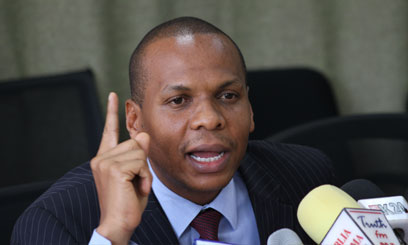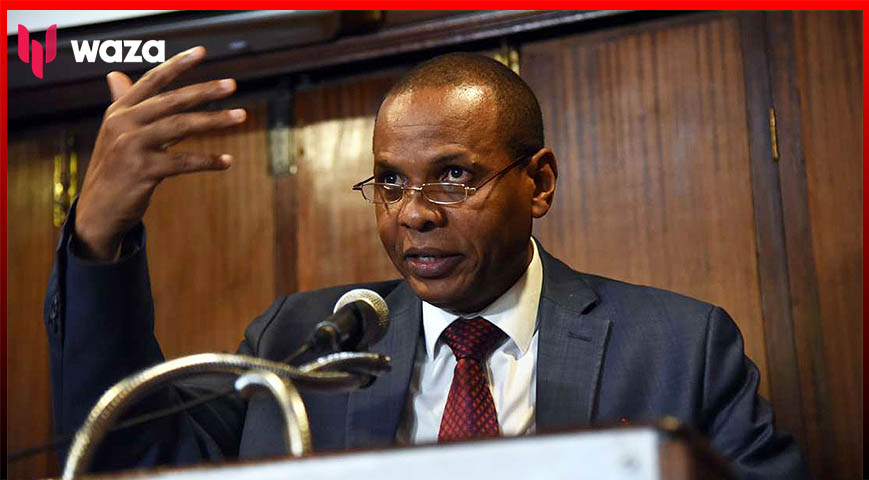Senator Danson Mungatana of Tana River has expressed his opinion that the Executive, Judicial, and Parliamentary branches of government should convene every two years to conduct reviews.
This occurred one day after the eagerly awaited meeting between the legislature, executive branch, and Judiciary held on Monday at the state house to resolve a growing disagreement.
Mungatana thought that the meeting produced good outcomes and that these kinds of gatherings should happen twice a year to improve cooperation among the three arms.
"The conversation that was being sought has now been had, and from where I sit, the heads of the three arms of government should have at least a bi-annual meeting where we review where are we on this and that and the other," he said.
.png)
Did you read this?
Mungatana was speaking on Tuesday during a panel discussion hosted by Citizen TV.
He went on to say that because the Judiciary has the same amount of power as the other branches of government, it, too, needs to be reviewed.
"Judiciary is unelected but holds a lot of power. The Senate and the Executive hold power but are reviewed every five years; we don't get to do that with the Judiciary."
Mungatana, who was defending Ruto's assault on the Judiciary, claimed that the president had been misunderstood and that he was reaching out to them because the courts were impeding his essential projects.
"The president was never attacking the Judiciary. He was saying, let us have a conversation. I argued many times [that] he is inviting a difficult conversation."
According to State House Spokesperson Hussein Mohamed, the meeting's objectives on Monday were to create anti-corruption plans, bolster accountability, and expedite service delivery to Kenyan citizens.

"The executive, Legislature, and the Judiciary agree to individually develop policies, guidelines, regulations, and legislative proposals to achieve the objectives of fighting corruption, improving service delivery, and enhancing institutional accountability of all arms of Government to the people of Kenya," read Mohammed.
During the meeting, leaders from all three branches of government acknowledged the grave threat that corruption poses and how it has permeated every facet of government.
The three arms also decided that each would submit its proposals to a forum of the National Council of the Administration of Justice (NCAJ) within the next thirty days, which Chief Justice Martha Koome would chair.
Mohammed said that a roadmap detailing the short--, medium---, and long-term steps that need to be taken will be developed by this forum.

The Executive and Legislature also endorsed the Judiciary's request for additional budgetary allocation, which includes provisions for recruiting 25 judges for the High Court and 11 judges for the Court of Appeal.
Resources for finishing the car leasing program are also included in the allocation to satisfy the Judiciary's transportation requirements.









